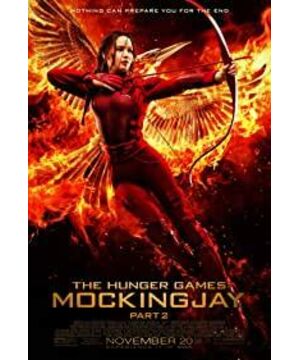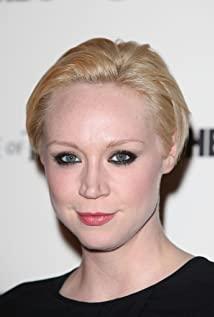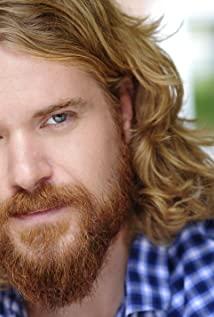It is a contradiction. It not only imagines the burning of fire to detonate emotions, but also wants to think like zero-degree thinking like ice. In the paradoxes, the climax becomes an anti-climax. Its lengthy part is precisely to prevent it from becoming a brainless and crisp popcorn; and its attempt to do some high-level expressions just makes it boring. It is difficult to tell the cause and effect of this contradiction. With the support of a large number of fans, the "Hunger Games" series may not have to be so entangled. As long as the basic production standards are guaranteed, the box office can be successfully harvested.
On the one hand, "Mockingjay (Part 2)" has mandatory action scenes, standard love scenes, and cliché heroism. It cannot and does not go too far against the attributes of teenage films. However, several accessories are not blended together well, and sometimes it seems that they are doing their own things and tearing down each other. The Shui Nation War broke out and Katniss (Jennifer Lawrence) assassinated President Snow. These plots still provided a considerable amount of visual stimulation that was not boring. However, the emotional entanglement between Katniss and Pita and Gale was so bad that the plots and lines were so lame. It is laughable from time to time. In all kinds of entanglements, the creator only has an extraordinarily firm attitude towards emotions, and the dog's blood is spilled from beginning to end.
On the other hand, the film does not want to ignite anger and overthrow the tyranny, only to make people happy. The power struggle within the Resistance Army and the dialogue between Katniss and President Snow are all at the cost of making urine points, adding some dimensions beyond popcorn to this story from the Hunger Games to the Revolutionary Resistance. Starting from dystopia, must it end with utopia? The hesitant gesture in Mockingjay (Part 2) is closer to a negation. There was almost no expression of a winner on Katniss' face. The last "Mockingbird (Part 1)" took two hours to talk about how to do a good job of propaganda and mobilization for the revolution. This film inherited its political satire and talked about the nothingness after the revolution. From a joking point of view, its boring part and its anti-climax are actually the best arguments for this argument.
Therefore, it is not as bad as it seems. When Katniss performed the classic action, the bow and arrow were not aimed at the person she had always wanted to kill. This action full of personal heroism, the heroism style brings out the other side of revolutionary dialectics. After the collapse of tyranny, tyranny may not be ushered in. After the revolution, the killing may not disappear forever.
After a long narrative, Katniss finally ushered in her peaceful life. Before the director gave a happy ending, he was so slow that he was telling a sad story, that is, denying utopia. To a certain extent, this series has changed from a teenage movie to an adult movie. At least, the extension of the world view is more oriented towards the adult world. This is also growing in sync with its audience.
A series of movies will always fall into the temptation of success, and then continue one, or split one into the next episode. The so-called "Mockingbird (Part 2)" in the final piece seems to mean that this money-trapping machine started in 2012 is about to stop roaring. Of course this is not the case. Lionsgate has stated that "The Hunger Games" may continue to shoot prequels or sequels. It seems that the contradiction between "Coca-Cola" and "Marx" will continue. 【Sohu Entertainment】
View more about The Hunger Games: Mockingjay - Part 2 reviews











